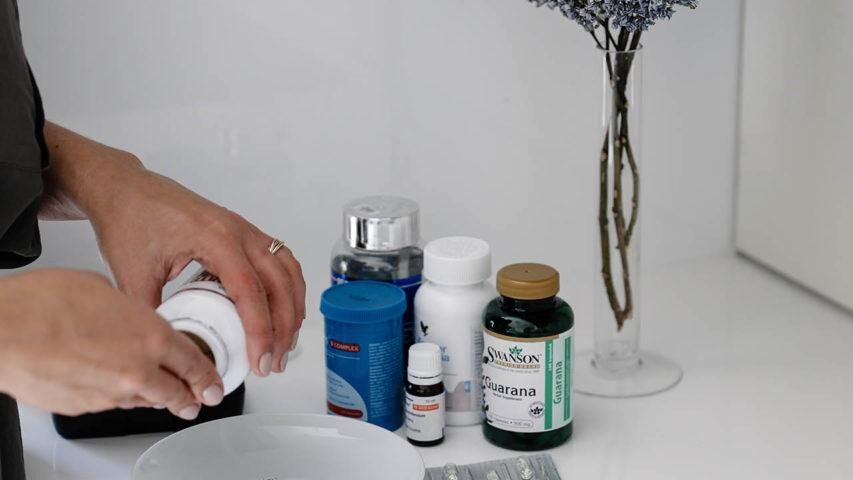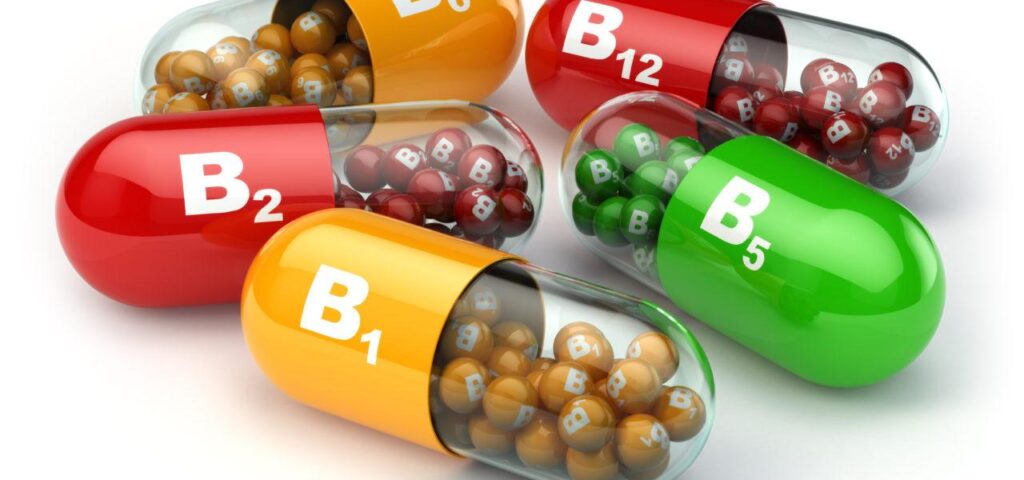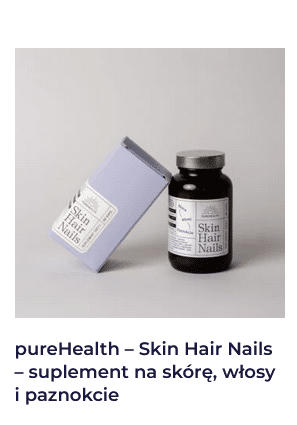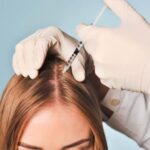Which vitamins should you take for hair? What kind of diet should you follow to ensure it is rich in hair-friendly vitamins? Strong, shiny, and thick hair is the dream of every woman and man. Unfortunately, coloring and bleaching often significantly weaken hair health. So how do you take care of your hair? In addition to using conditioners, it is essential to strengthen your hair from within by taking various vitamins that have a beneficial effect on hair.
Vitamins and their effects on hair – table
| Vitamin | Effect on hair |
|---|---|
| Vitamin A | Strengthens hair, prevents brittleness and hair loss |
| Vitamin B7 (biotin) | Strengthens hair, improves elasticity and shine, prevents hair loss |
| Vitamin C | Strengthens hair, improves structure and growth, prevents hair loss |
| Vitamin D | Strengthens hair, aids calcium absorption, positively impacts hair health |
| Vitamin E | Improves blood circulation in the scalp, enhancing growth and condition |
| Vitamin H (biotin) | Strengthens hair, prevents hair loss |
| Vitamin B5 (pantothenic acid) | Strengthens hair, regenerates scalp, prevents hair loss |
| Vitamin B3 (niacin) | Improves scalp blood circulation, promoting growth and hair condition |
| Vitamin B6 (pyridoxine) | Strengthens hair, prevents hair loss |
| Vitamin B12 | Strengthens hair, improves elasticity and shine, prevents hair loss |
Vitamin A for stronger hair
When searching online for “vitamins for hair“, we usually want to know which vitamins to take to strengthen hair. Vitamin A is by far the most important among vitamins for preventing hair loss, for dry hair, for brittle hair, and for split ends. It supports the proper metabolism of keratinized hair cells and other body cells, benefitting hair, skin, and eyesight.
Vitamin A is mainly found in animal tissues. It is also abundant in foods such as butter, cheese, milk, eggs, carrots, and tomatoes.

B vitamins for hair
B vitamins play a direct role in the physiological processes of hair growth. They also protect hair from various diseases and harmful external factors. The B vitamin group includes:
- Vitamin B1 and B2 – help prevent dandruff, regulate sebaceous gland activity, and accelerate tissue and cell regeneration. Found in sunflower seeds, milk, broccoli, pork loin, and other meats.
- Vitamin B3 – nourishes hair by improving delivery of nutrients and oxygen to all tissues and cells, including hair. Found mainly in pork, poultry, potatoes, and whole grains.
- Vitamin B5 – improves hair pigmentation, supports regeneration, and delays graying. It also promotes hair growth. Sources include fish (especially herring and mackerel), liver, chicken, wheat bran, brown rice, mushrooms, and broccoli.
- Vitamin B6 – promotes hair growth and helps prevent graying. It is involved in the hair production process by supporting cell division in hair follicles. Found in buckwheat and meats such as chicken and turkey.
- Vitamin B9 (folic acid) – supports hair growth and prevents alopecia. Found in green vegetables like spinach, cauliflower, broccoli, lettuce, asparagus, and Brussels sprouts.
- Vitamin B12 – recommended for people with hair loss, oily scalp, or premature graying. Found in all animal products, including meat, fish, cheese, eggs, and milk.

Vitamin E for shiny hair
If you are wondering how to improve the look of your hair, vitamin E is a must. It adds shine and makes hair silky and soft to the touch. Vitamin E protects hair and follicles from free radicals and boosts blood circulation in the scalp, further supporting healthy hair growth.
Vitamin E is found mainly in cereals, sunflower oil, soybean oil, corn oil, almonds, and hazelnuts.
Vitamin H for hair loss and graying
For those struggling with hair loss or graying, vitamin H (biotin) is highly recommended. Biotin can be supplied to the body through a diet rich in nuts, spinach, carrots, tomatoes, mushrooms, almonds, egg yolks, brewer’s yeast, legumes, beef liver, or even chocolate.
Vitamin C and F for hair health
Vitamin C aids collagen absorption, helping to maintain hair in good condition. It is mainly obtained from citrus fruits, blackcurrants, peppers, and apples.
Vitamin F consists of a group of unsaturated fatty acids that provide stimulating and protective effects. Vitamin F is necessary for the proper functioning of all body cells, including hair cells. It is found in cod liver oil, most vegetable oils, fatty fish, nuts, wheat germ, milk, avocado, pumpkin seeds, and meat.
Beautiful hair equals a beautiful appearance and improved self-confidence. It is often said that hair reflects overall health. Regularly taking dietary supplements and vitamins for hair can therefore be considered not only an element of beauty care but also of maintaining good health.







